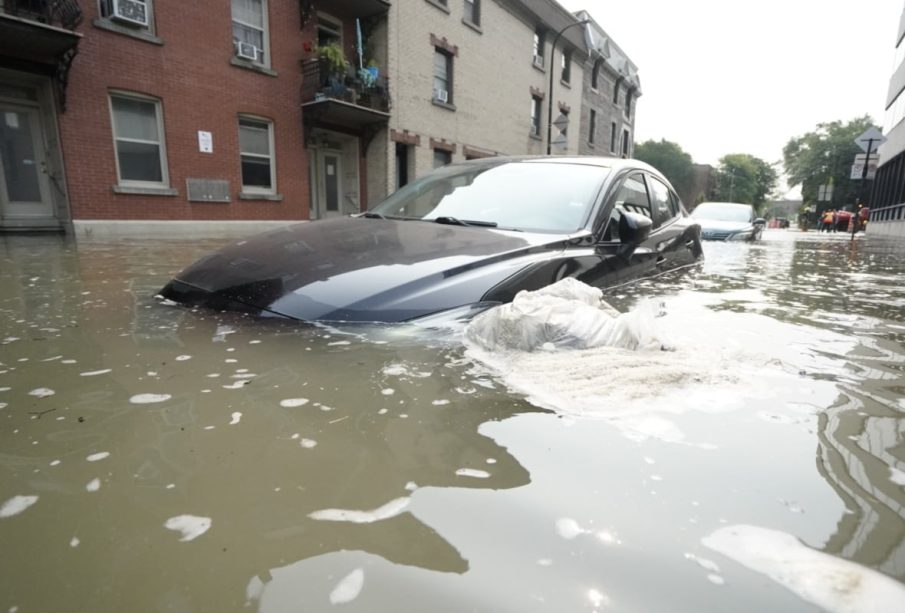Understanding the Recent Montreal Flooding: Causes and Effects

Introduction
The city of Montreal has recently experienced severe flooding, raising serious concerns regarding urban infrastructure and climate resilience. This event not only disrupted the daily lives of residents but also highlighted the issues surrounding climate change and urban planning in Canadian cities. As climate-related disasters increase in frequency, the importance of understanding such events becomes crucial for future preparedness.
Details of the Flooding
In mid-October 2023, heavy rainstorms led to significant water accumulation in various neighborhoods across Montreal. The rainfall exceeded 100 mm in some areas within a short period, overwhelming drainage systems and causing widespread street flooding. City officials reported that places like Verdun, Lachine, and the downtown core were particularly hard-hit. In recent statements, Mayor Valérie Plante acknowledged the challenges posed by the extreme weather, attributing much of the flooding to climate change patterns that have intensified in recent years.
The impact was immediate: several roads were closed, and numerous homes suffered water damage, affecting both residential and commercial properties. Emergency services were deployed to assist residents, and evacuation orders were issued in areas deemed particularly at risk. Schools in affected districts also had to close their doors temporarily, disrupting education for many students.
Response and Recovery Measures
In response to the flooding, Montreal city officials activated an emergency plan which included deploying pumps to remove standing water from flooded areas and assessing structural damages. The city has committed to financial support for residents affected by the flooding, including potential repairs and relocation assistance.
The local government also emphasized the need for long-term infrastructural improvements to better manage future weather extremes. Plans are already underway to upgrade the sewer systems and improve stormwater management practices. Experts warn that without significant investment in climate-resilient infrastructure, Montreal is at increasing risk of similar flooding events as climate change continues to exacerbate weather patterns.
Conclusion
The recent flooding in Montreal serves as a stark reminder of the impacts of climate change on urban environments. As major cities across Canada grapple with similar challenges, the steps taken by Montreal in the wake of this disaster will be closely observed by other municipalities. The situation prompts a broader conversation about the need for enhanced emergency preparedness and sustainable urban planning. Moving forward, it is imperative that cities develop comprehensive strategies to adapt to the shifting climate, ensuring the safety and resilience of communities in the face of such daunting environmental threats.









